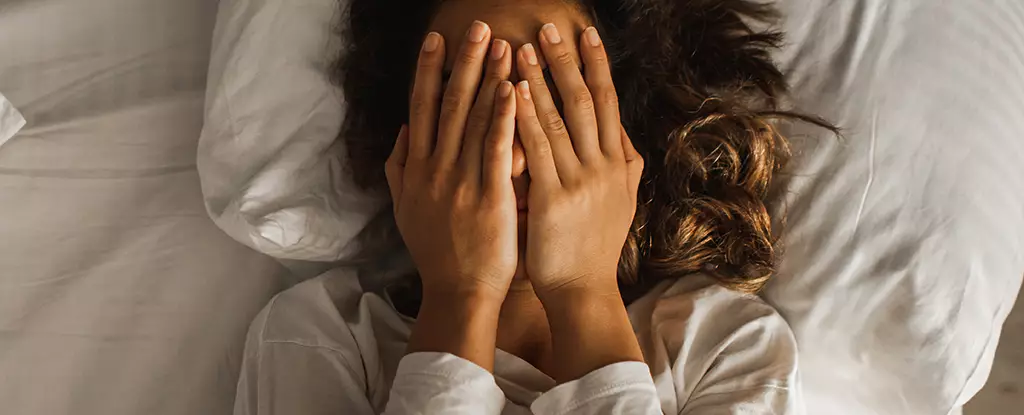We’ve all experienced those nights of tossing and turning, unable to find restful sleep. The consequences of sleep deprivation go far beyond feeling groggy the next day. Impaired cognitive function, decreased alertness, and difficulty concentrating are just a few of the negative effects. However, new research from the University of Portsmouth in the UK suggests that exercise may be the key to restoring cognitive abilities after a restless night.
Unveiling the Benefits: Insights from Two Experiments
To explore the relationship between exercise, sleep deprivation, and cognitive function, researchers conducted two experiments. Each experiment included 12 healthy adult participants. The first experiment tested cognitive performance after three nights of partial sleep deprivation (PSD), while the second experiment examined performance after one night of total sleep deprivation (TSD) in a state of hypoxia, or low body oxygen.
The most intriguing finding that emerged from the study was that just 20 minutes of exercise on an exercise bike improved brain function in all conditions tested: PSD, TSD, and hypoxia. This revelation presents a breakthrough for numerous groups of people, from new parents to mountain climbers, who experience sleep disruptions or low oxygen levels. Exercise physiologist Joe Costello from the University of Portsmouth explains, “We know from existing research that exercise improves or maintains our cognitive performance, even when oxygen levels are reduced. But this is the first study to suggest it also improves cognitive performance after both full and partial sleep deprivation when combined with hypoxia.”
The connection between exercise and enhanced brain function is well-documented. One prevailing theory suggests that exercise boosts brain power by increasing the brain’s supply of oxygen. However, this study challenges that theory by demonstrating cognitive improvements even in low oxygen environments. This finding leads researchers to speculate that other factors, such as brain-regulating hormones, increased arousal, or motivation, may be involved. Further studies will be necessary to delve deeper into this mystery.
Sleep deprivation is often accompanied by other stressors, such as traveling to high altitudes. Physiologist Thomas Williams from the University of Portsmouth notes, “People who travel to high altitude are also likely to experience a disruption to their sleep pattern.” Therefore, this study not only sheds light on the relationship between exercise and cognitive function but also provides valuable insights into the effects of multiple stressors on our sleep and overall health.
It is estimated that around 43 percent of the population fails to get the recommended 7-9 hours of sleep per night. This sleep deficit has far-reaching consequences, affecting both physical and mental health. From an increased risk of depression to heart disease, the effects of sleep deprivation cannot be overstated. However, the encouraging news from this research is that we may have a quick and effective solution to reverse these negative effects.
While catching up on sleep is preferable, the study suggests that exercise can help mitigate the consequences of sleep deprivation. Movement is not only beneficial for the body but also the brain. “The findings significantly add to what we know about the relationship between exercise and these stressors, and help to reinforce the message that movement is medicine for the body and the brain,” states Costello.
This groundbreaking research from the University of Portsmouth emphasizes the transformative power of exercise. Even in the face of sleep deprivation or low oxygen levels, a mere 20 minutes of exercise can significantly improve cognitive function. While further studies are needed to uncover the exact mechanisms at play, one thing is clear – exercise holds the key to unlocking our brain’s full potential. So the next time you find yourself struggling with the aftermath of a restless night, skip the power nap and get moving instead. Your brain will thank you.


Leave a Reply